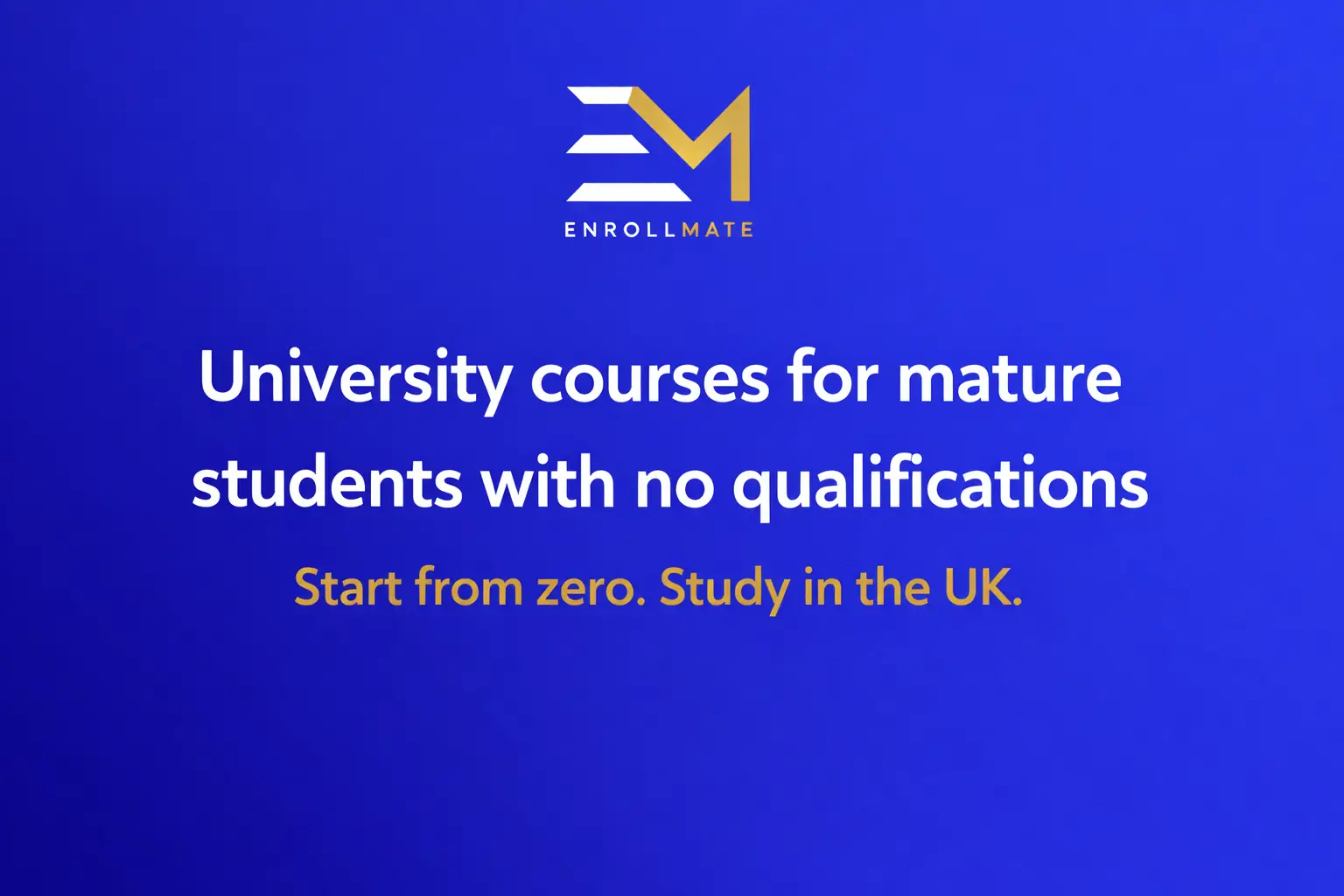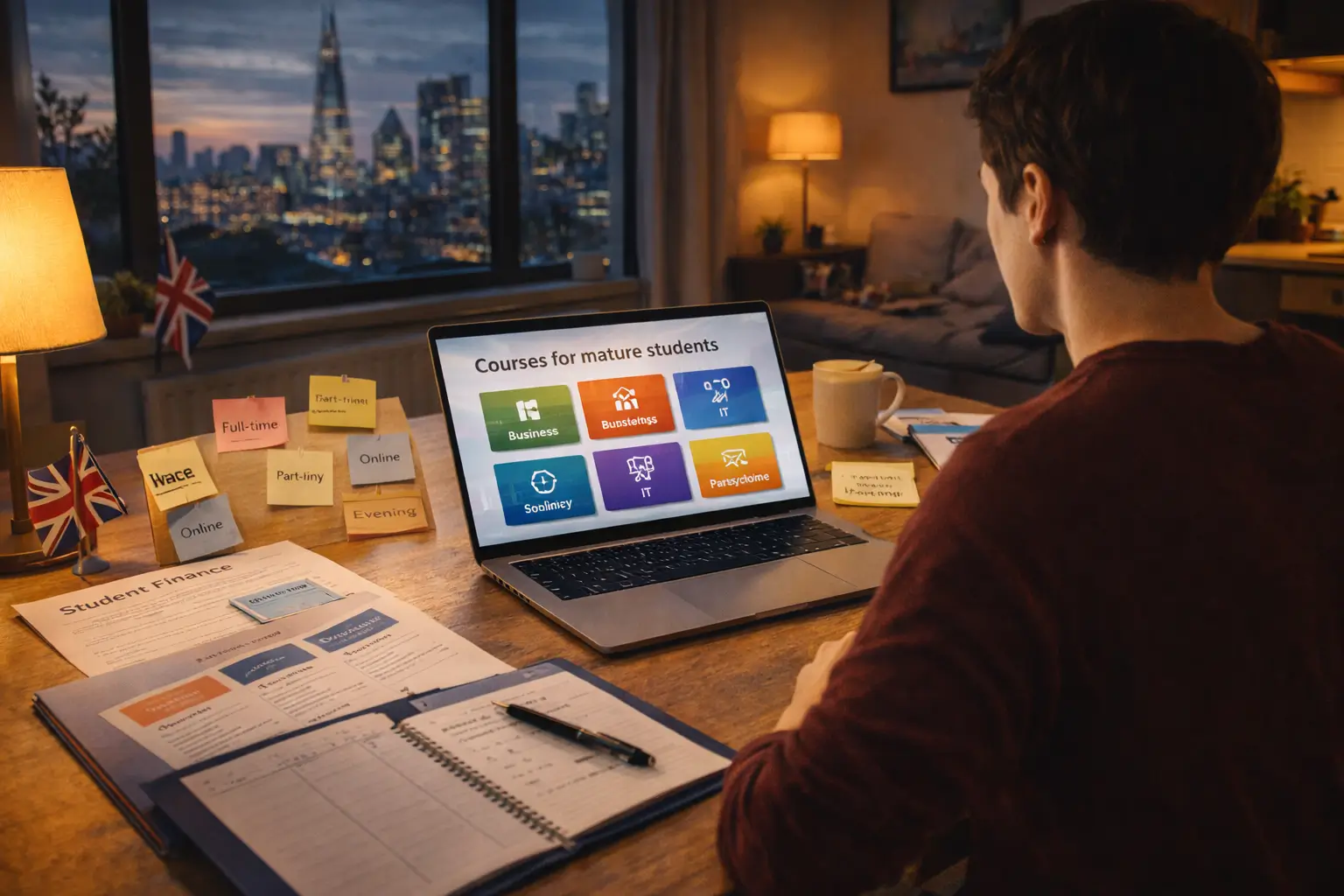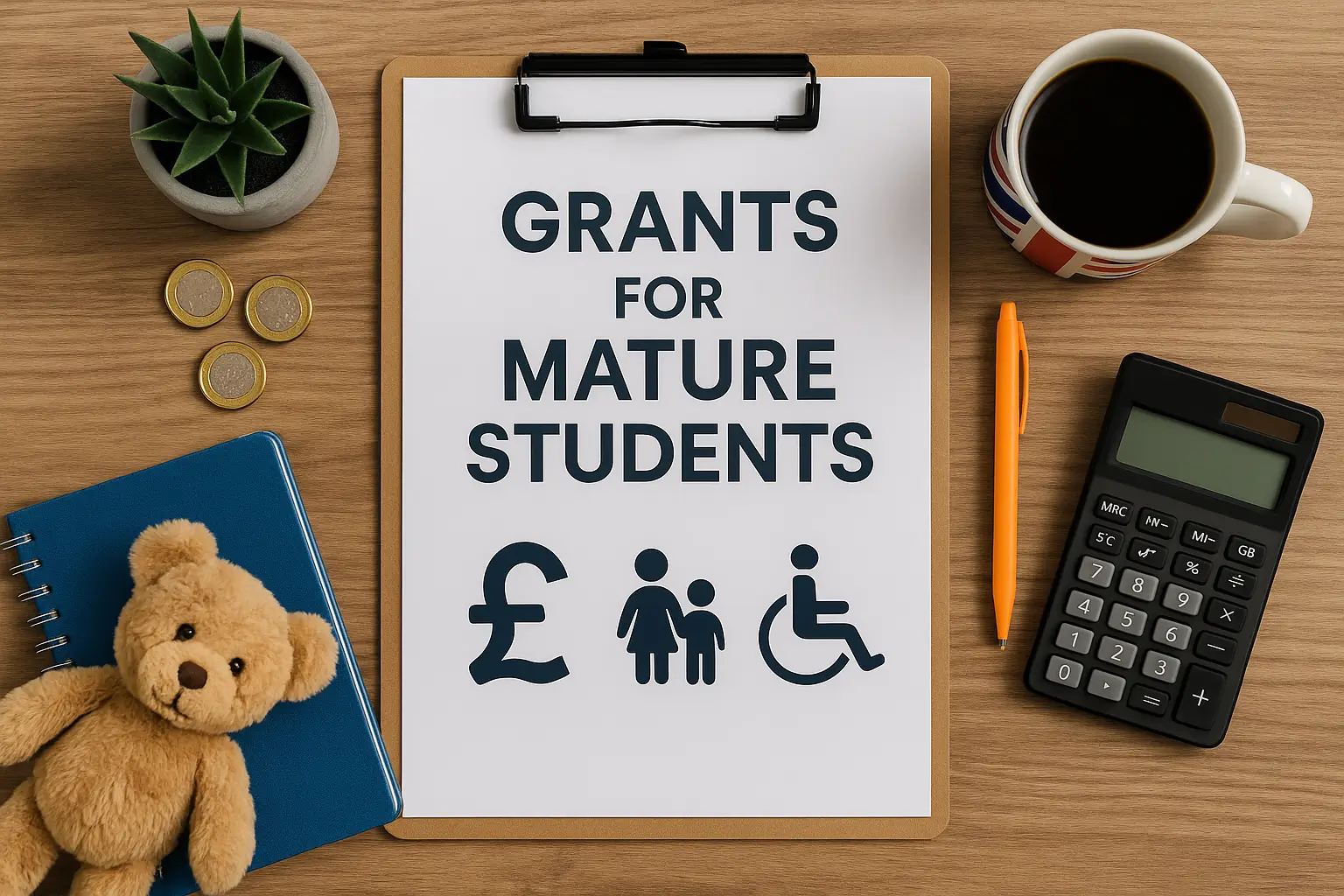Can universities detect ChatGPT? The Eye-Opening Reality

Mihai Flueraru
February 21, 2025
With AI tools like ChatGPT becoming widely used, many students wonder: Can universities detect ChatGPT?
AI technologies enable students to produce writing assignments while simplifying research summaries and generating new ideas and concepts. Educational institutions currently implement rigorous procedures to detect work produced with AI tools.
University AI Detection Capabilities
Universities possess the capability to recognise ChatGPT in student assignments. Three plagiarism detection tools, Turnitin, GPTZero, and DetectGPT, function to identify text generated by AI systems.
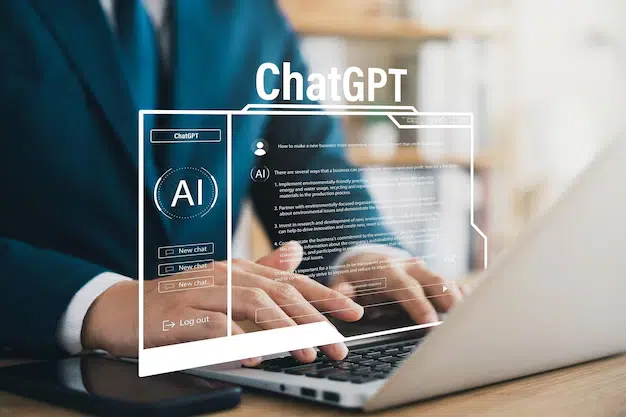
Academic institutions consider work produced by AI equivalent to traditional academic misconduct and have established this as an official policy.
The guide reveals how ChatGPT operates while providing information about detecting AI text through university systems and the responsible usage guidelines students must follow.
Students should use AI tools as study aids but must avoid depending on them for actual assignments because it may result in severe academic penalties. Knowledge of university regulations and AI detection systems becomes vital for students to prevent academic problems.
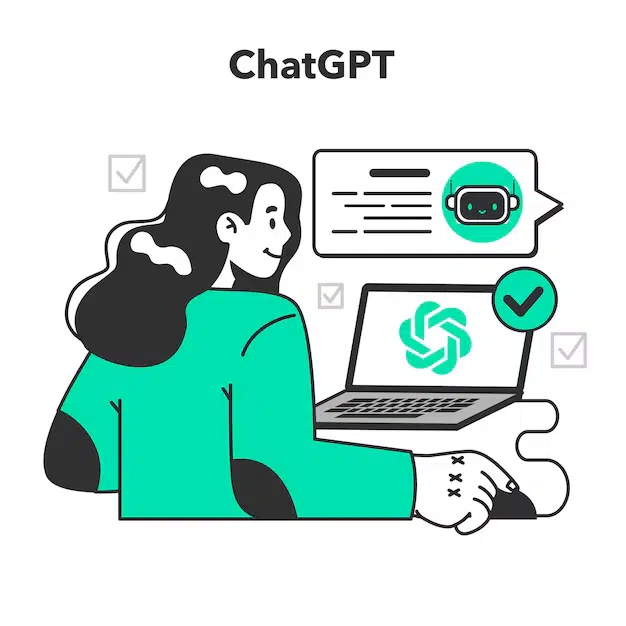
How ChatGPT Works?
The AI chatbot ChatGPT exists to produce textual answers for user-initiated queries.
OpenAI created ChatGPT by training it with extensive data obtained from books and articles and websites. The technology uses its training data to answer user inquiries while providing writing support that leads to complete written documents.
How ChatGPT Creates Responses
The text generation process of ChatGPT functions independently of retrieving information from published web pages as standard search engines do.
The system functions by identifying word patterns that it previously learned during training. The responses are original expressions that stem from already learned information.

Why Students Use ChatGPT
- The system delivers essential text information from extensive written content through AI methods.
- The AI tool assists users in producing article ideas while organising their writing structure for essays.
- Students employ AI technology to improve their writing by enhancing their grammar and making content more readable.
- Students gain time efficiency through ChatGPT, enabling them to produce their assignments more quickly.
Common Misconception: Can universities detect ChatGPT? Most students believe AI-generated text remains undetectable to human evaluators. ChatGPT generates texts that follow predictable language patterns, but universities maintain detection tools to identify AI-written work.

ChatGPT generates content which detection programs might mark as suspicious even though it does not reproduce the original text verbatim.
Can Universities Detect ChatGPT?
The short answer is yes—universities can detect ChatGPT-generated content using advanced AI detection tools.
Universities primarily use three main detection tools.
Turnitin’s AI Detector
Turnitin has added AI detection tools that check text structures and writing patterns. The tool determines suspicious content through an “AI probability score” system. The AI probability score enables universities to verify whether students have employed ChatGPT.

GPTZero & DetectGPT
The developers created GPTZero to detect text that AI software produced. The tool performs structural and predictive analysis of sentences to determine if text comes from human authors or AI programs.
The detection engine in DetectGPT works by identifying specific patterns that only appear in texts produced by AI.

Style & Pattern Recognition
Students’ writing style provides academic staff and professors with evidence about AI usage through abrupt shifts in their writing approach.
So can universities detect ChatGPT? A significant difference between a student’s current and past assignments will cause instructors to question if the work is original. Colleges conduct in-person interviews and request written materials to evaluate student assignments.
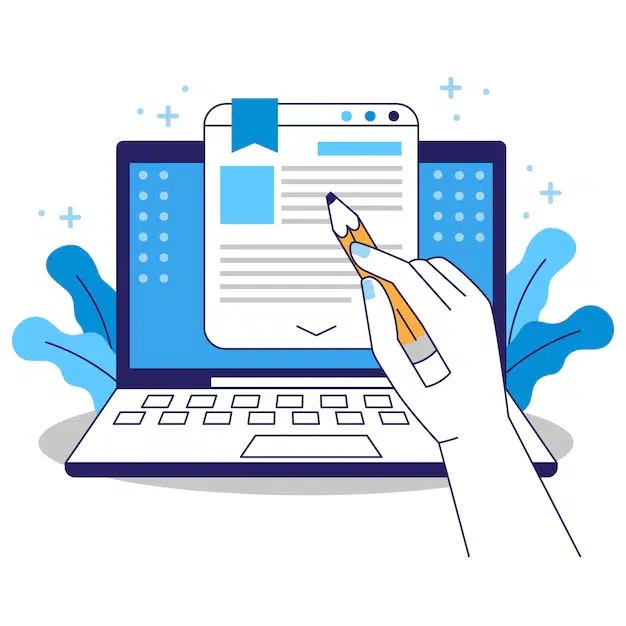
Limitations of AI Detection
Can universities detect ChatGPT? The detection systems now show improving accuracy but still fail to identify everything. Some challenges include:
- The detection system might mistakenly identify human compositions as AI products.
- The detection systems cannot identify ChatGPT-generated content requiring heavy manual revisions.
- The advancement of AI technology requires detection tools to maintain the active development of their algorithms.
- So, can universities detect ChatGPT? Universities make continuous progress in their capacity to identify content produced by AI algorithms. Using ChatGPT for assignment work requires student caution because getting detected will likely result in academic consequences.

How can professor detect an AI generated content?
Instructors identify the use of ChatGPT through inconsistencies in writing style. The sudden emergence of advanced writing structure in student work signals to professors that the essay may have been produced using ChatGPT.
Because professors are well-acquainted with their students’ writing habits they become able to recognize significant improvements together with incorrect phrases.
The writing created by artificial intelligence systems displays limited depth regarding supporting arguments with personal thoughts.

The information generated by ChatGPT lacks personal reflections and critical thinking abilities of students. Writing that appears too broad and repetitive alongside a lack of discussion connection, indicates the potential use of artificial intelligence.
So, can universities detect ChatGPT? Professors sometimes conduct personal interviews with students to check the originality of their work. Professors often request clarification about fundamental concepts along with information about article references and rationale behind specific arguments.

How to Smartly use AI?
- This tool provides explanations of key concepts alongside reading summaries and original thought creation.
- The AI content should not be directly replicated but can serve as a framework.
- The tool offers research ideas without offering references from credible sources.
- Verify all sources through JSTOR and Google Scholar.
- Improves grammar, structure, and clarity.
- The text should be rewritten from AI suggestions to prevent replication of original content.
- Academic misconduct can result from using AI to produce written assignments.
- Students must verify institutional guidelines before applying AI tools.
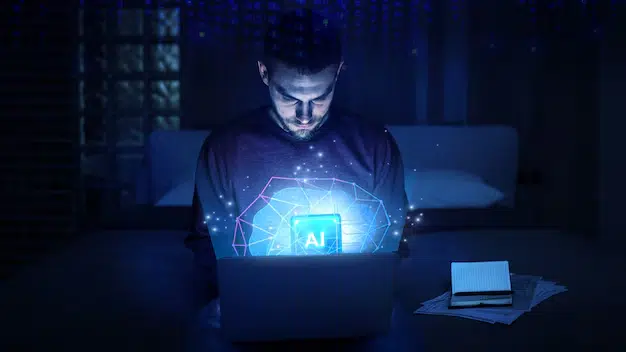
Conclusion
So, can universities detect ChatGPT? Universities possess two methods to detect ChatGPT through AI detection tools and professor oversight. Students need to exercise caution because universities continue developing their ability to detect content developed through AI.
The most responsible way to use AI entails ethical conduct during brainstorming sessions, writing improvements, and idea organisation while maintaining the authenticity of all submitted work.
AI tools exist to aid learning processes, and students should perform their assignments independently. Before using AI tools, all students must review their university policies to prevent potential problems. If you need more guidance, contact Enrollmate, today!

